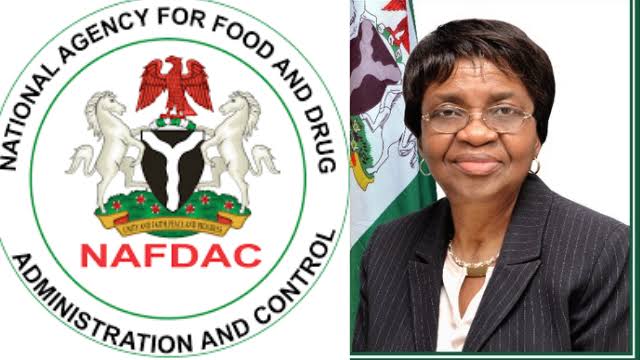The National Agency for Food and Drug Administration and Control (NAFDAC) has granted registration approval for the R21 Malaria Vaccine (Recombinant, Adjuvanted) manufactured by Serum Institute of India Pvt. Ltd. (SIIPL).
The Director General of NAFDAC, Pro. Mojisola Adeyeye in a press briefing on Monday said the approval is made by the Agency in exercising its mandate as stipulated by its enabling law, NAFDAC Act CapN1, LFN 2004 adding that the Marketing Authorization Holder’s (MAHs) is Fidson Healthcare Ltd in line with the Agency’s Drug and Related Products Registration Regulation 2021.
Adeyeye explained that the R21 Malaria vaccine is an Adjuvanted protein vaccine presented as a sterile solution.
“A dose which is 0.5ml is composed of R21 Malaria antigen 5µg and Matrix-M1 50µg as an adjuvant filled in a vial as a ready-to-use liquid formulation for intramuscular injection.
“The vaccine is indicated for the prevention of clinical malaria in children from 5 months to 36 months of age. The storage temperature of the vaccine is 2-8 °C.”
While speaking further, Adeyeye said NAFDAC has several pathways for the registration of vaccines and these pathways are in line with the Agency’s guideline for registration of imported drugs, vaccines and IVDs under collaborative registration procedure, or the Agency’s guideline for registration of imported drug and vaccines.
“The R21 Malaria vaccine was reviewed using the latter which involves a full review of product dossiers.”
On dossier review, the DG said, NAFDAC received the dossier of the R21 Malaria manufactured by the Serum Institute of India Pvt Ltd (SSPL) and was subjected to independent review at two levels.
“As a matured regulatory agency, it is expected as part of global benchmarking that an external advisory committee is in place to advise upon invitation on certain functions of the Agency.
“As a new biological molecule that is being given consideration for full registration, the independent review by an external body becomes imperative as a means to further safeguard public health.”
